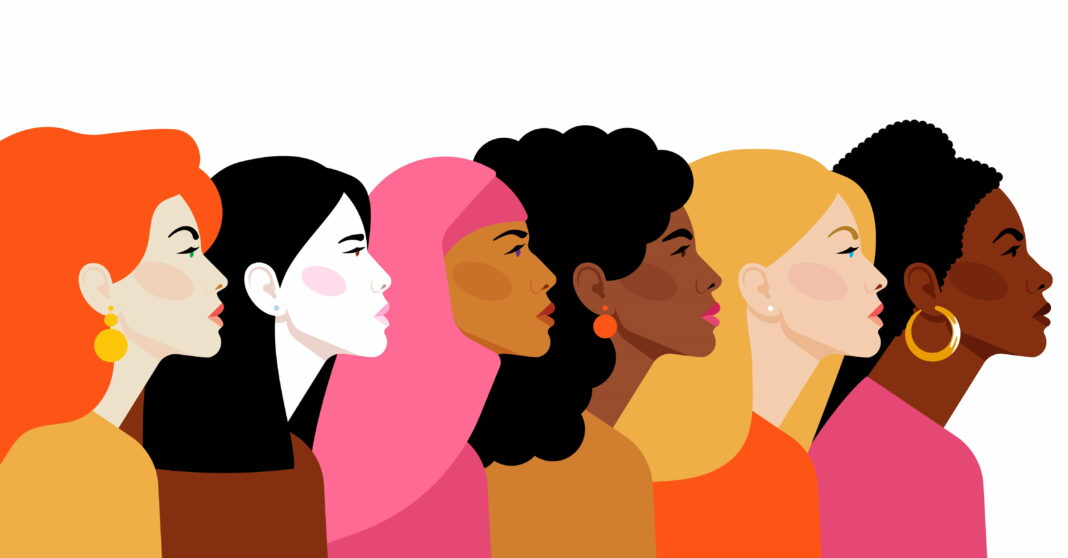
For International Women’s Day (IWD2021), we thought it’d be great to hear from women in the workplace. We spoke about the struggles they face and their perspective on such issues. We chatted with several women, and here’s a story:
Some people hear these stories and think it’s women making excuses and all that; they don’t believe these biases exist. What are your thoughts on that?
I believe these biases exist; I know that they exist. Of course, there are situations where people play the victim, but they do exist. For example, if you have a struggling company, and they need a new hire. In some countries, they might have a bias toward women of certain ages because of the possibility of them getting pregnant. I’m saying some countries because, in my country, you are not allowed to lay-off a pregnant woman or someone on maternity leave except the company is closing.
But in some countries, they aim to survive, so hiring someone who is pregnant or would soon get pregnant might not be a priority for them, hence the bias. Companies that do not care about CSR or their public image would outrightly not employ a woman in that position. We can talk about this all day, and everyone would have their point of view, but that’s how it is. But what companies can do is reach a compromise with these women, have a contract detailing what would happen when they go on maternity leave. For example, they can hire temporary staff to fill that position while she’s away.
It’s something we have to look at as a whole and not in parts. We are trying to stop a bias, and looking at it in bits would only lead to more bias which shouldn’t be.
I’m intrigued; in your home country, an employer is not meant to ask about your pregnancy? Which country is that, and how does that work?
It’s Germany; my employer or interviewer is not permitted to ask me if I’m pregnant or how far gone I am. It’s a law. They cannot even ask, “are you pregnant?” So it’s left to me to disclose that information.
If you could make a policy to eradicate gender bias in the workplace, what would that be (IWD2021)?
Most of the time, we try to solve the problem from the top and not the bottom. And because it can take some time to work from the bottom to the top, we can look at structuring the solution in such a wholesome way. So you have two strategies, you attack from the top and the bottom.
Why the bottom? Other aspects of our lives affect our values and serve as a significant factor in our lives. We then bring some of those values into the workplace. So if you see a hiring manager who does not regard females, it’s more likely that’s what he does at home and in his community. Meaning, we have to teach the knowledge that everyone is equal to people from a young age.
It’s essential to educate the young males about these values because centering on girls alone wouldn’t get the job done. I know some government systems with a quota system; like in Germany, we have the DAX 30. This means the number of women on board for businesses should be up to 30%. That’s what I’d do; I’ll not only start from the top, I’d start with the bottom also. By putting in a lot of work with young children, we would be able to achieve this.
#ChooseToChallenge
IWD2021 aims to celebrate women’s achievements, raise awareness against bias, and take action for equality. Our goal is to be part of this much-needed conversation by highlighting and addressing gender-specific issues women face in the workplace. We hope that the stories we have gathered provoke thought and positive action towards making the workplace a conducive environment for everybody.
Also, for IWD2021, read Historically, they had a history of men hitting on women.
